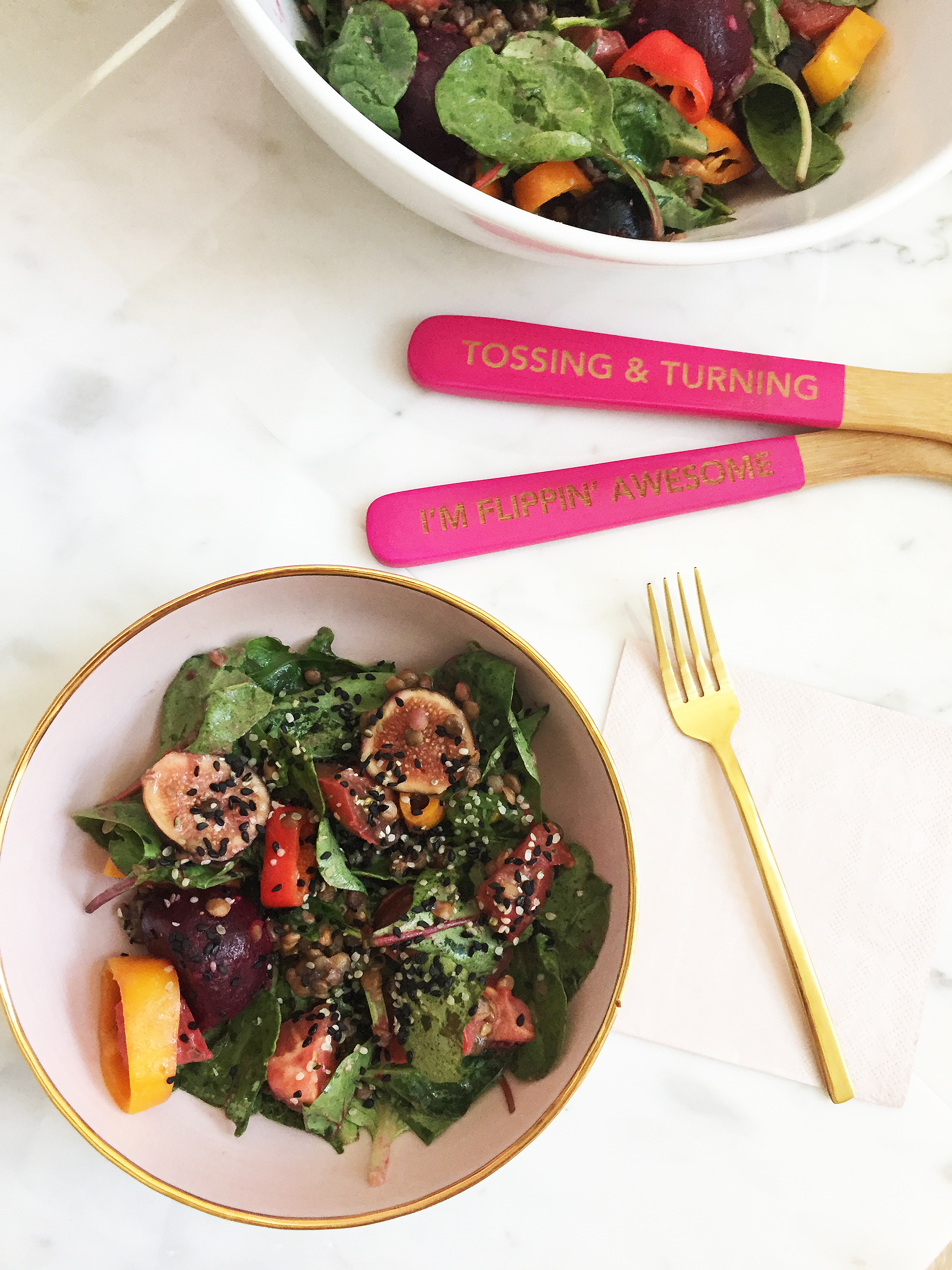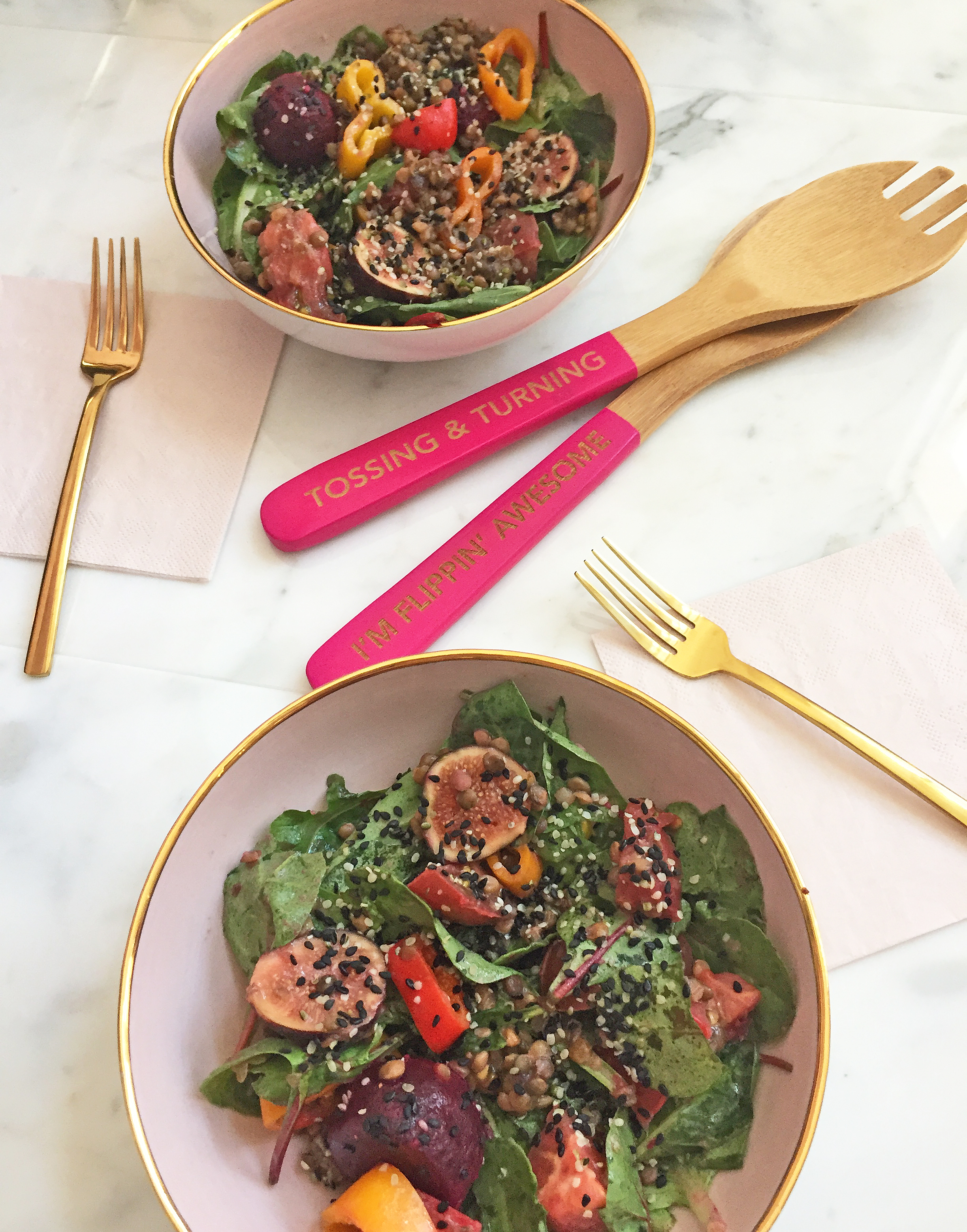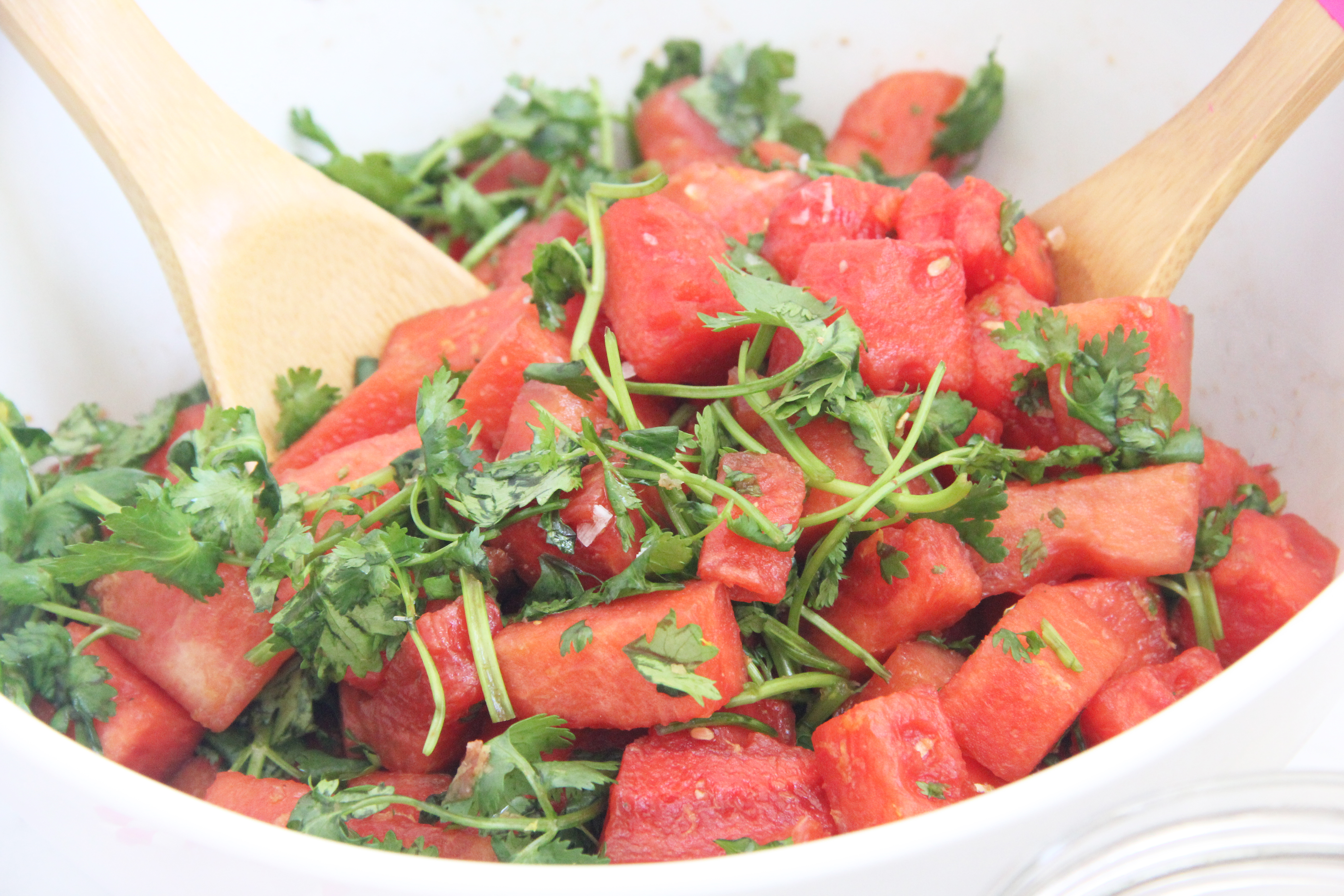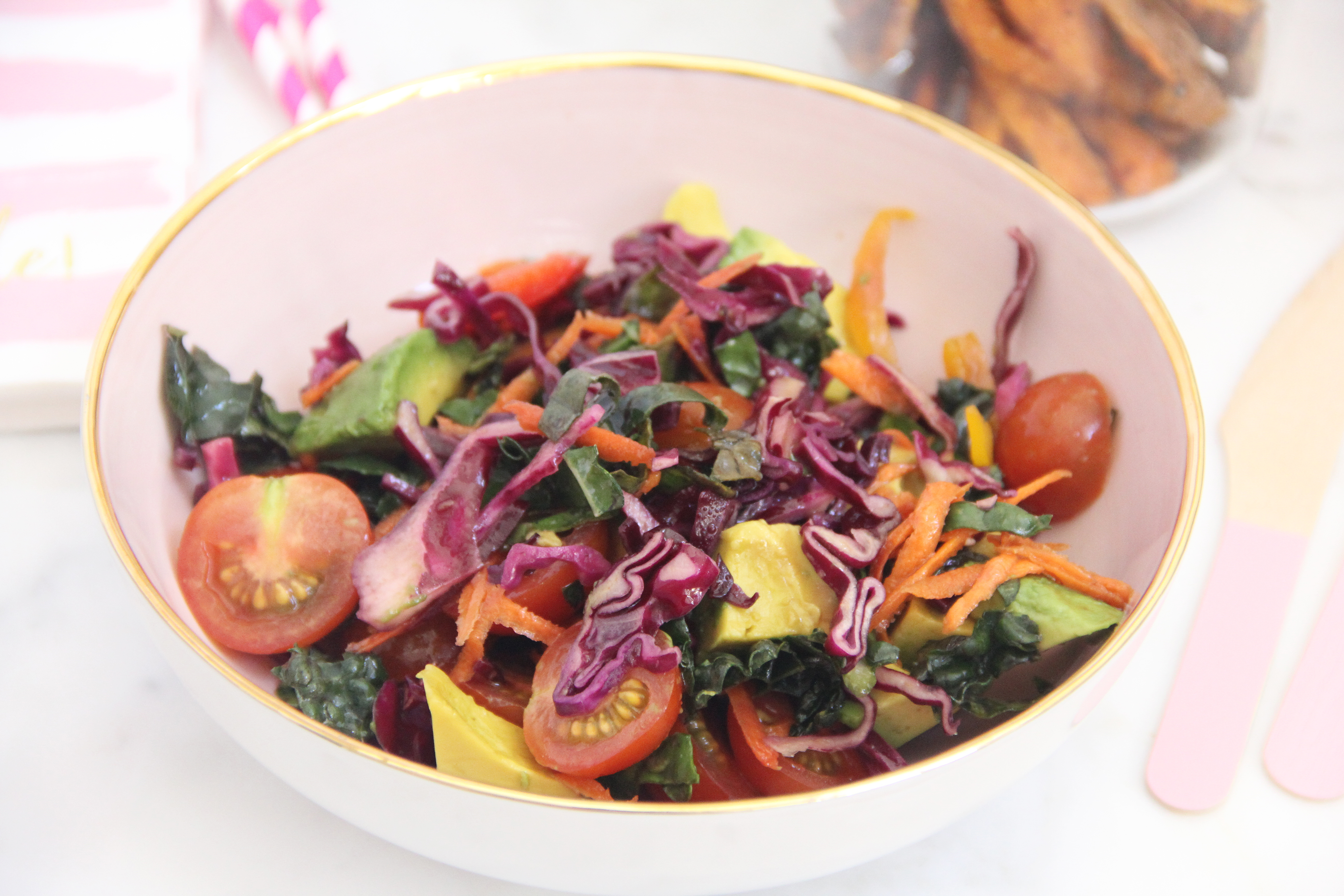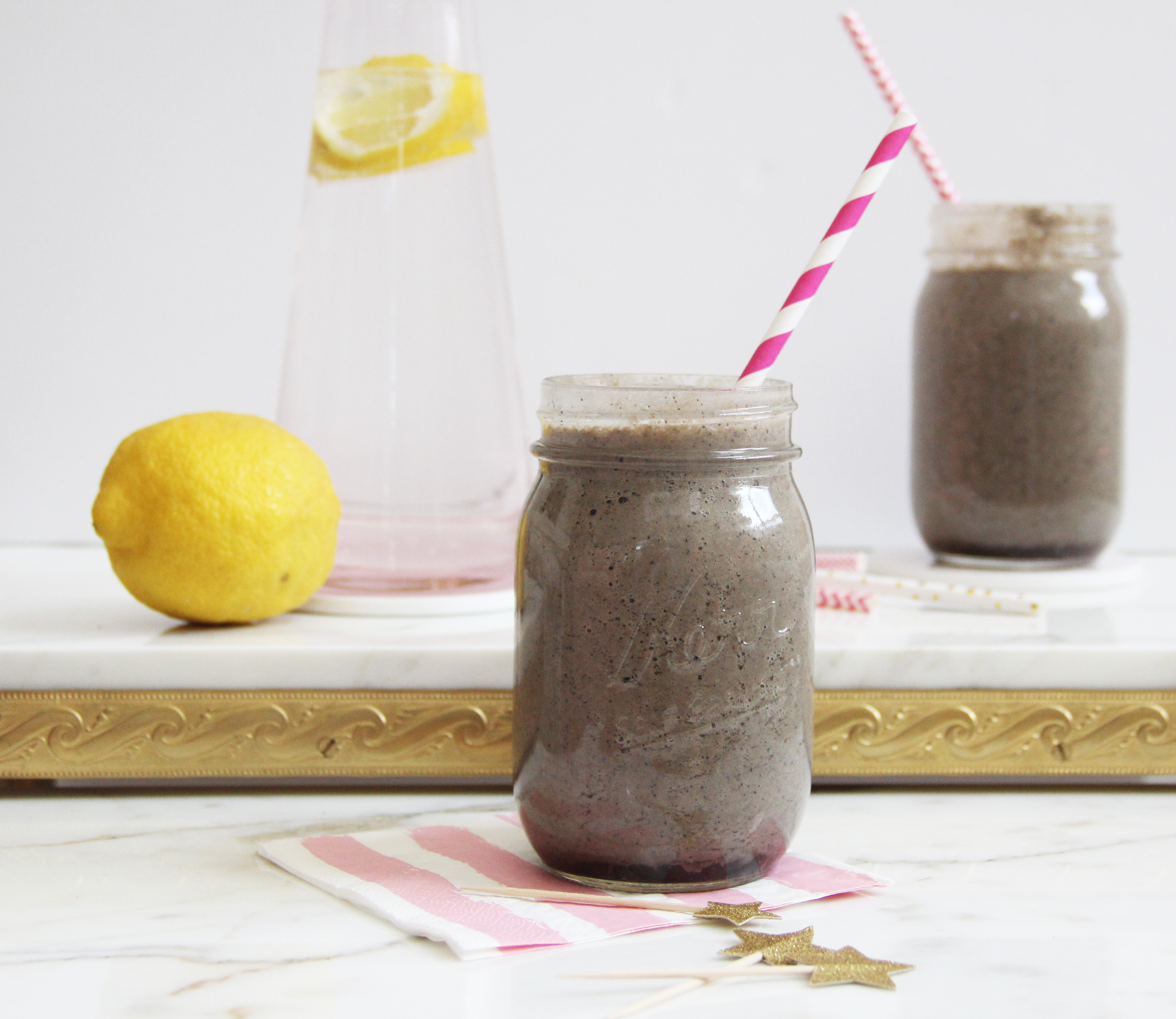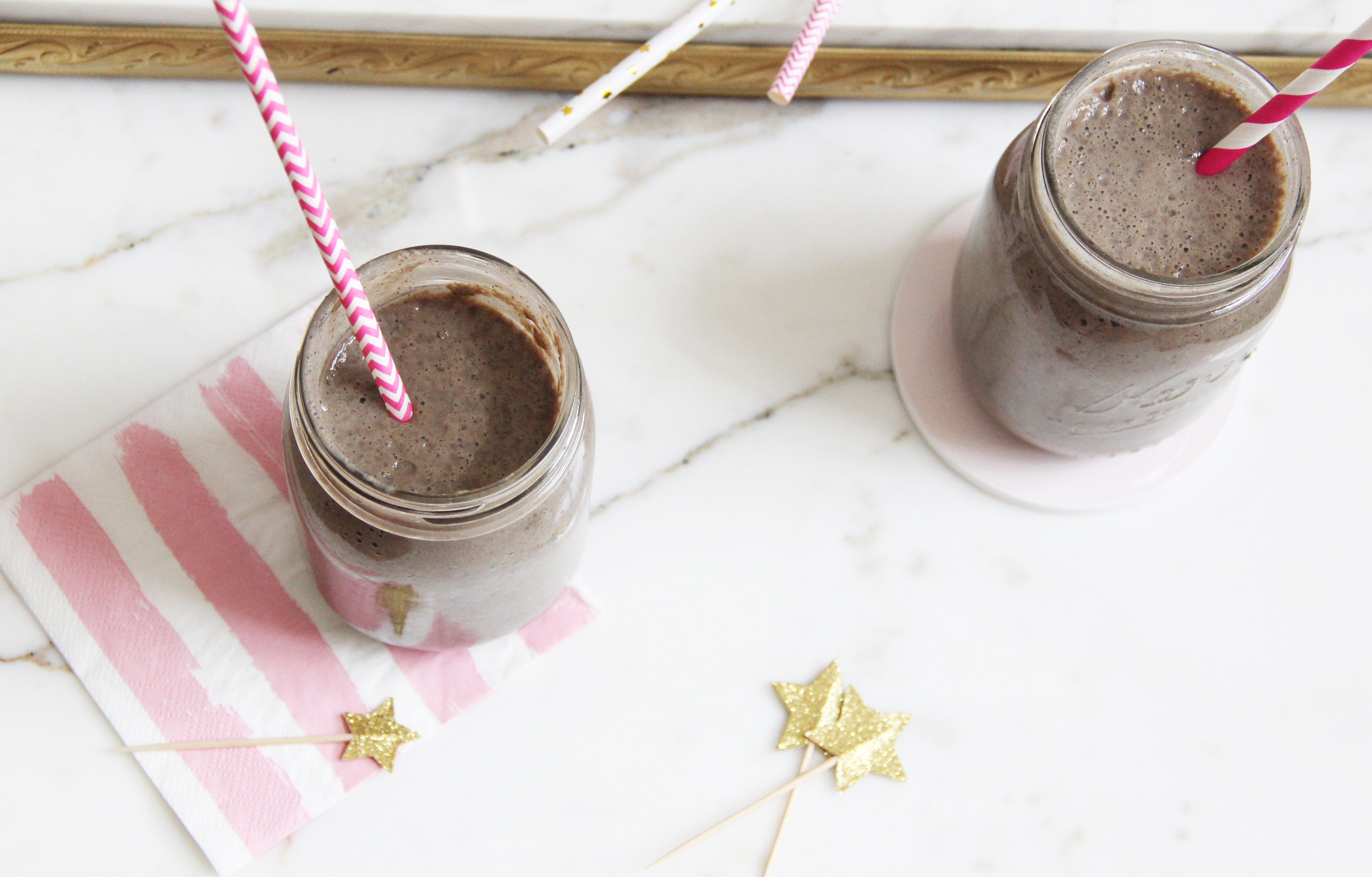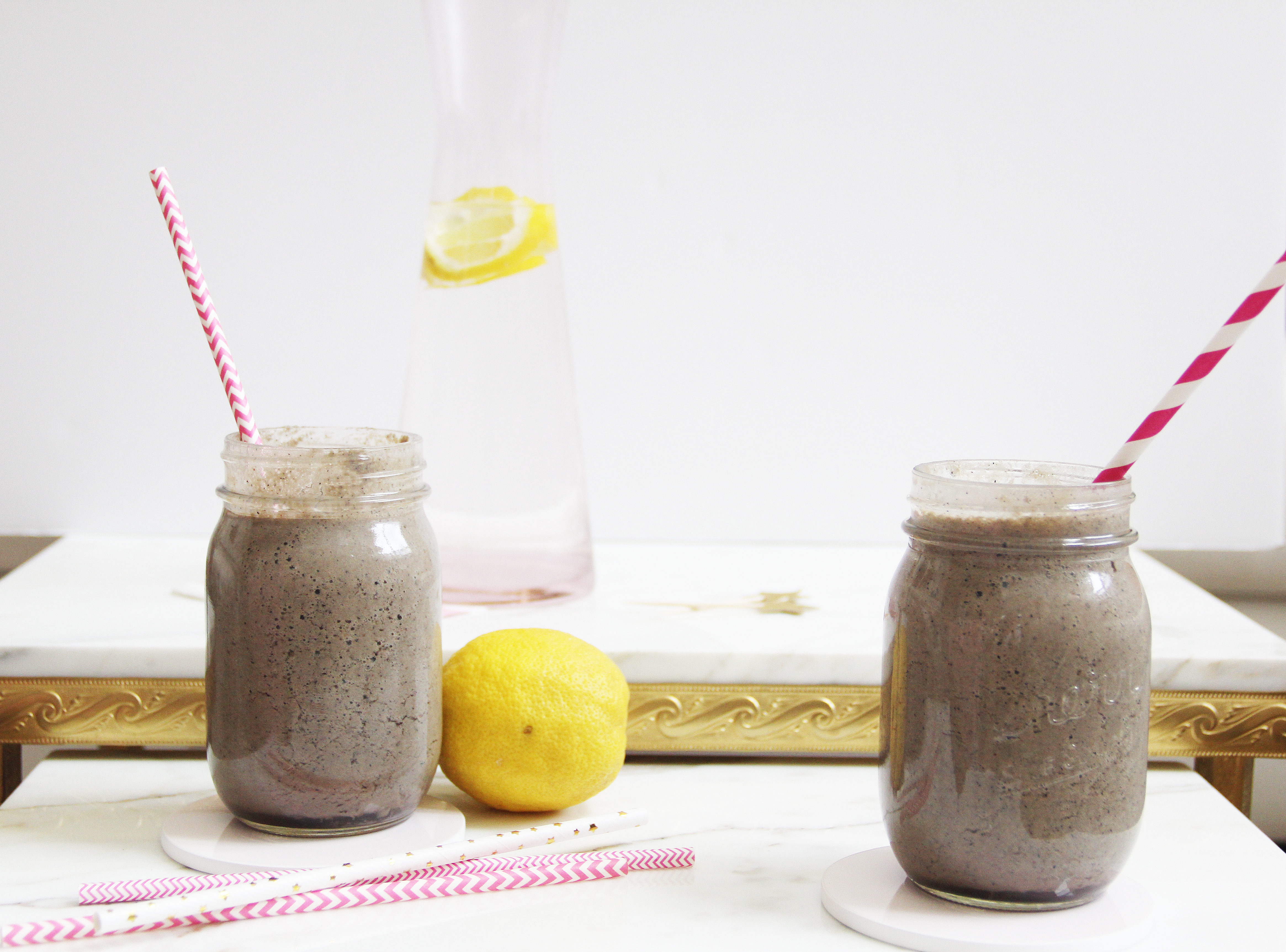To count or not to count, that is the question. There are two camps in the “wellness world” when it comes to the matter- there are those who count religiously, tracking every meal, and those who don’t count calories at all, following mindful and intuitive eating. When we think about the reasoning behind most people’s motivation to count calories, it is to manage weight or change how their body looks. No one counts calories for the fun of it. (If you’re out there, please stand up lol)
There is a time and place where counting calories is entirely useful and sometimes necessary. But for most of us, it serves to be more of a stressor than a tool to help us live in our happiest, healthiest form.
Today, I’m here to tell you that it is NOT necessary for most people to count calories to meet their weight goals or maintain a healthy lifestyle. I’ve been in that calorie-counting whirlpool and it brought obsessive habits and fear of food. It made me put food into categories based on how “good” or “bad” they were depending if they were low or high calorie foods. If I went over my limit one day, I punished myself with a long run to make up for it, and I would eat less than my calorie needs the next day to account for it. Talk about having a negative relationship with food!!

Maybe you’ve been there, too? I can also tell you it feels so much better to eat mindfully and follow my body’s hunger and fullness signals to tell me how much to eat. It’s so freeing to choose foods because they nourish me rather than having to opt for egg whites, rice cakes, and 100 calorie snack packs. But maybe you are in a situation where calorie counting has been helpful for your overall health!
A few situations where it can be helpful to track calories:
- You are a competitive body builder who is prepping for a competition. I get it, in this situation your calorie marks should be pretty exact (not too much, not too little) to look your best for a show. If you love body building and physique comps go for it!
- You have a medical condition that requires you to be consistent in your calorie intake. An example would be someone preparing for a gastric bypass surgery who needs to lose x amount of weight before their scheduled surgery date. This makes the surgery safer for the patient and easier for the doctor to perform. Calories count here.
- You are just beginning a health journey where you don’t have the established intuition of how to eat (what and how much). For some people, it can be helpful to track calories on an app like MyFitnessPal for a few months to get an understanding of how portion sizes and calories interact. As you get accustomed, you can loosen the reigns. You will have a sense of a portion size of the foods you eat, without needing to have a numbers game constantly running through your mind.

So yes, calorie counting can be useful uncertain instances, but for the average, fairly healthy person, there are other places to focus our energy when it come to making food choices.
Am I saying to throw all cares to the wind and eat with abandon? No! Look at nutrition labels, yes! Be mindful of what a serving is and how many calories there are. But beware, a lower calorie item is not always “better” for you than a higher calorie item.
We have to think about macronutrients- protein, carbs, and fat.
We must also consider micronutrients- all the vitamins and minerals in our food from vitamin A to calcium and everything in between.
Then even beyond that, we have to look at the vast world of phytonutrients, antioxidants, and probiotics.
What makes our food supportive of health and an appropriate weight comes down to the entire picture of the food- not just calories.
And what is “better” anyway? Better at making sure you don’t gain weight? The irony is, calories are not the only factor that dictates weight loss and weight gain. Not to mention, sometimes if people consume too few calories in the short term, they mess with their metabolism, conditioning their body to run off of fewer calories and hold onto fat stores. In turn, they end up gaining the weight back (or even more) as soon as they eat more calories again.
So how do we ditch the urge to count? Focus on portion size and food quality. If you have no idea where to start, that is when working with a dietitian (Oh heyyy, I take clients from anywhere via Skype) would be valuable to get you on the right track for you.
Mindful eating is the practice of paying attention to your food when you eat. When does your body signal that you are hungry or when you are finished eating? Are you craving a bowl of veggies or do you need some red meat? Slow down, eat undistracted, chew your food. Is your body pulling you toward a food and urge to eat because you are hungry? Or are you stressed, bored, dehydrated, or simply just seeing food that makes you want to eat it? Begin taking time to acknowledge the intentions behind your food choices and how they make you feel. It can be a funny concept in the beginning, (because our society like to push all of our innate eating cues out the window), but after a while, it begins to feel natural.
Instead of focusing our efforts on counting calories, you can transform your health when you begin to be cognizant of hitting goals that nourish your body and stave off disease.
What should we be mindful of besides calories for improved health, weight loss, and a longer life?

Fiber- Good for more than just producing daily bowel movements, fiber helps lower cholesterol, detox excess hormones like estrogen, supports a healthy gut microbiome, balances blood sugar, and helps keep you full! Men need 38 grams and women need 25 grams daily. No need to get a fiber supplement- seek out veggies, fruit, nuts, seeds (like chia and flax), and whole grains.
Water- Drink half your body weight in ounces each day. For example, if you are 150 pounds, drink 75 ounces of water. (More if you exercise or are out in hot weather!)
Veggies- Eat as many as you can! Ensure that you get a variety, as well. Cooked and raw offer different benefits, as well as every single color. Baseline veggie recommendation is 2-3 cups per day.
Sugar- The recommendation- less is best. In the US, the current recommendation is to get no more than 10% of your calories from sugar. This falls between 6 and 9 teaspoons (25-37.5 grams) for most people, depending on your calorie intake. This is easier to keep tabs on nowadays because “added sugar” is a section that has been added to the nutrition facts label.

Have you ever been a calorie counter? What’s your take on the matter? I’m happy to have an open discussion about if you love/ or hate counting calories- all opinions are welcomed!
Have a great weekend!
XO, Alexandra




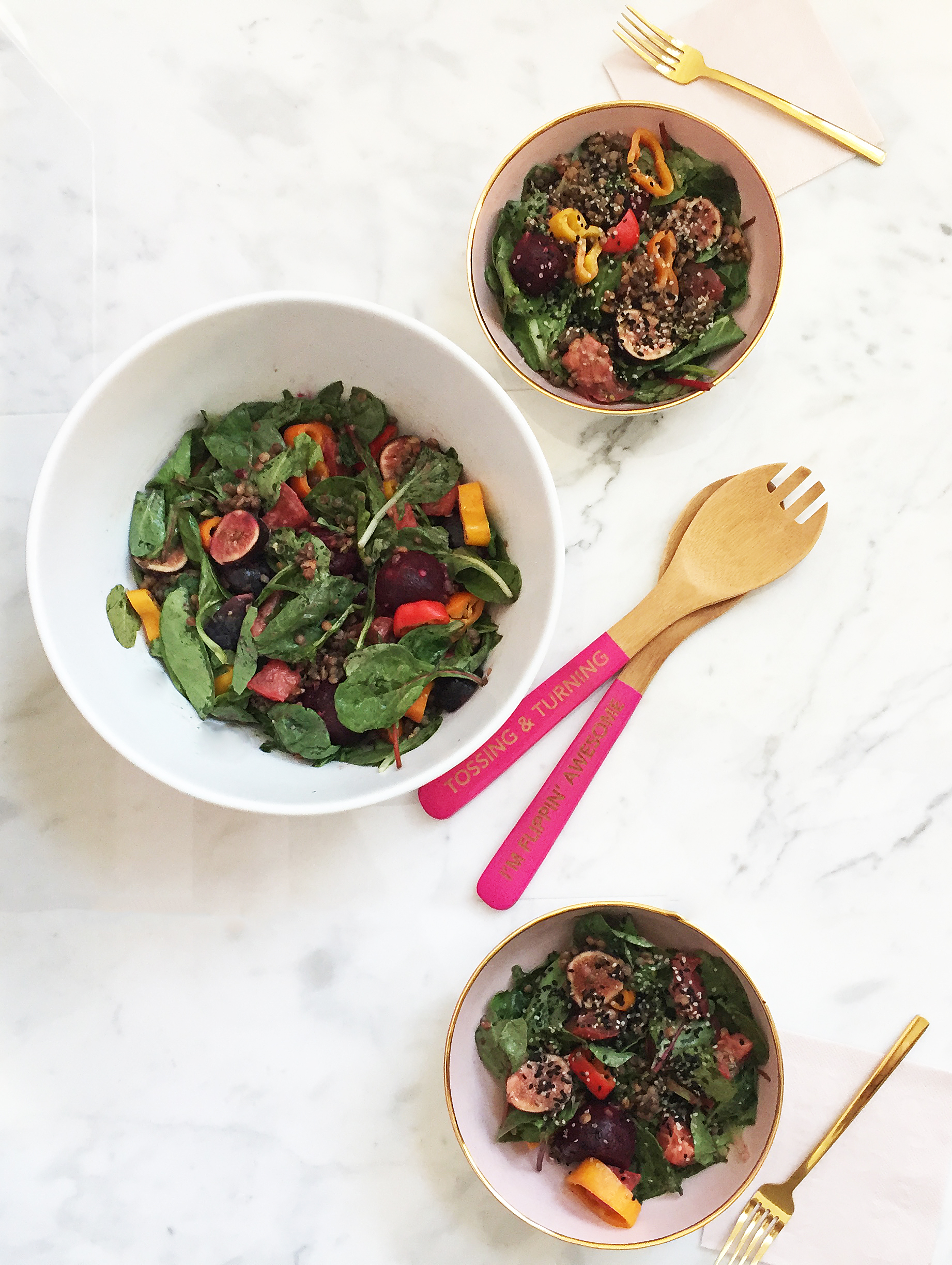 I get overzealous at the store sometimes, buying ingredients on a whim, hoping to experiment with them and make some new recipe. But then life gets more complicated and full, and you find yourself with a bundle of food from last week’s Meal Prep Day: beets, some lentils, and a few good and ripe figs. Cue inner monologue where you wonder what would happen if you just threw it all together and called it a day. #relatable
I get overzealous at the store sometimes, buying ingredients on a whim, hoping to experiment with them and make some new recipe. But then life gets more complicated and full, and you find yourself with a bundle of food from last week’s Meal Prep Day: beets, some lentils, and a few good and ripe figs. Cue inner monologue where you wonder what would happen if you just threw it all together and called it a day. #relatable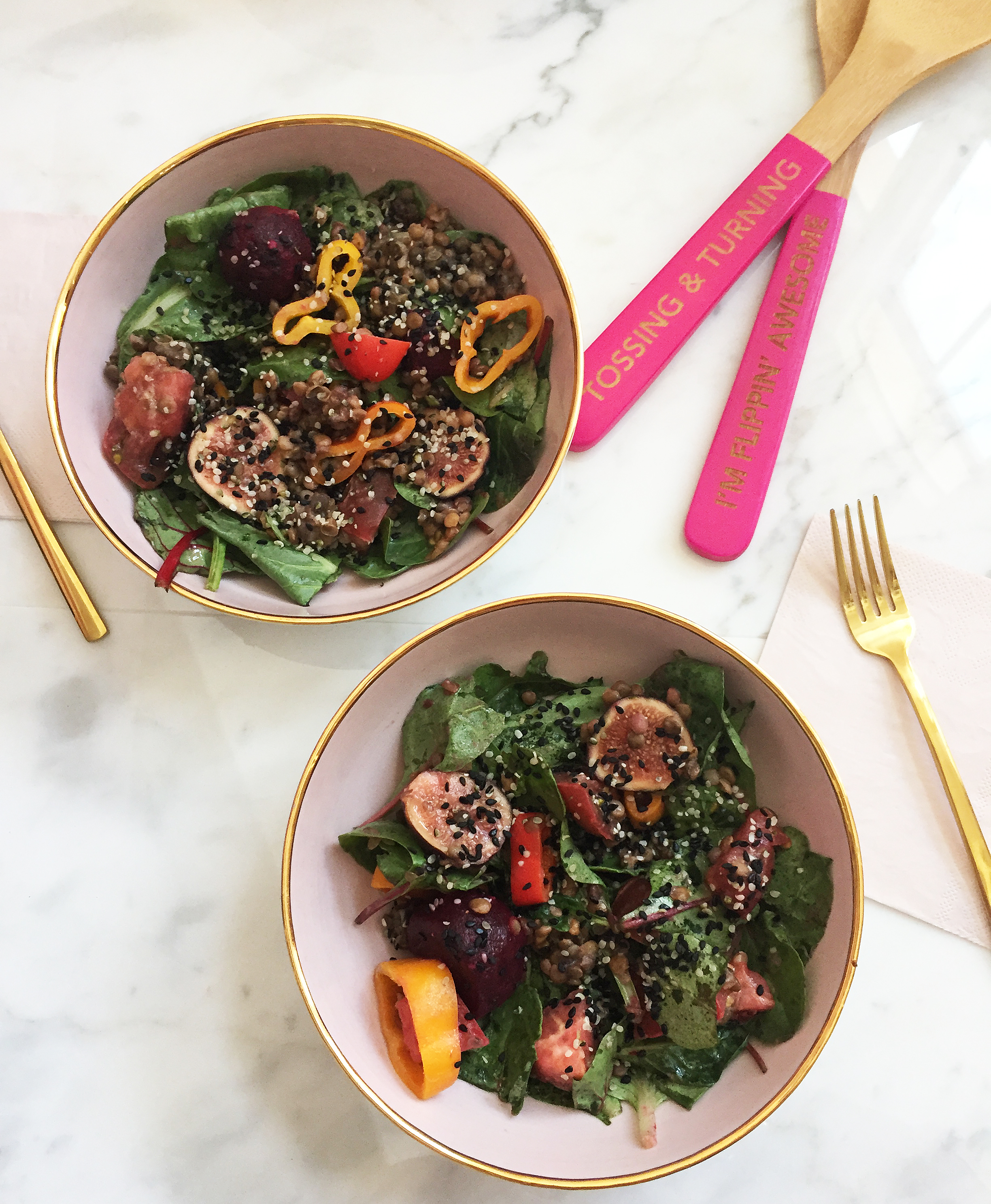 And because I’m boujee, I can imagine taking this salad in a little bento box for lunch along the Seine in Paris. It has major French vibes. Simple, light, and full of flavor from the fresh ingredients themselves. A touch of tangy mustard and olive oil dressing to top it all off, and this salad is ready to carry you all the way through the end of the summer.
And because I’m boujee, I can imagine taking this salad in a little bento box for lunch along the Seine in Paris. It has major French vibes. Simple, light, and full of flavor from the fresh ingredients themselves. A touch of tangy mustard and olive oil dressing to top it all off, and this salad is ready to carry you all the way through the end of the summer.